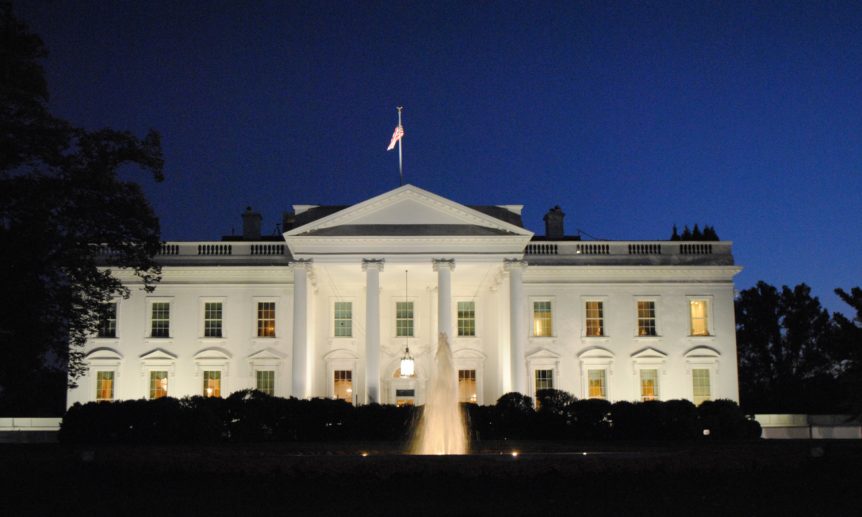The following statement was adopted by the National Anti-Hunger Organizations in response to the announcement of the upcoming White House Conference on Health, Nutrition, and Hunger. Ahead of the conference, the White House is holding public listening sessions from June 1 — June 13, 2022. Learn more about the sessions and sign up to share your ideas and experiences here.
More than 50 years have passed since the United States convened the White House conference that helped elevate hunger as a national priority and sparked major improvements and expansions to the federal nutrition programs—food stamps (now SNAP), school meals, and WIC—paving the way to significant reductions in food insecurity for millions of individuals and families. But we still have a long way to go.
Now is the time to demonstrate with policy change and other actions that ending hunger in America remains a national priority. We stand ready to work with the administration, Congress, and a wide array of diverse stakeholders to eradicate hunger and food insecurity in this country.
We support a comprehensive approach that will include various federal, state, local, and Tribal policymakers, anti-hunger, health and private sectors, and people with lived expertise of hunger. It is essential that the conference live up to its Congressional mandate to examine the root causes of hunger and undernutrition, how they impact health and the prevalence of chronic disease, and how they can be addressed. For the conference to be a success, the conference must:
- Be centered on addressing poverty-related hunger and its root causes;
- Engage people with lived experience and expertise in hunger, poverty, and nutrition program participation in meaningful ways;
- Build and leverage political will by convening cross-sector stakeholders to build widespread and bipartisan support for ending hunger;
- Focus on reducing racial, ethnic, and other disparities in food insecurity; and
- Create a roadmap to end hunger and improve nutrition in America by 2030. Essential strategies include:
- Economic policies that promote good jobs, wages, benefits for low- and moderate- income households, and share prosperity;
- Expand and strengthen the federal nutrition programs;
- Target and tailor supports for specific populations with disproportionate rates of poverty and hunger;
- Work alongside states, localities, and nonprofits to expand and improve participation in federal nutrition and other government support programs; and
- Make sure all families and individuals have convenient access to reasonably priced, safe, and healthy food.
We are at a pivotal moment in time. The time is now to implement bold, innovative, and multi-sector solutions to end hunger and food insecurity.
The National Anti-Hunger Organizations:
The Alliance to End Hunger
Bread for the World
Center on Budget and Policy Priorities
Congressional Hunger Center
Feeding America
Food Research & Action Center
Hunger Free America
MAZON: A Jewish Response to Hunger
Meals on Wheels America
RESULTS
Share Our Strength
WhyHunger

